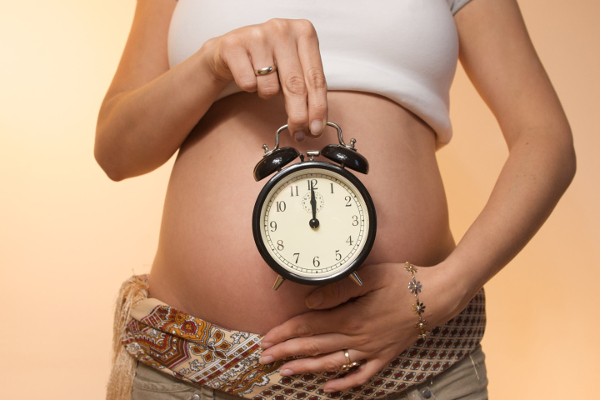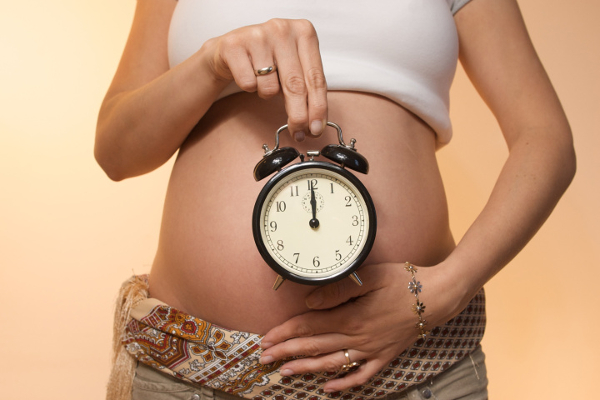Many people delay having children and there are lots of reasons for that. It could be career goals, financial instability, travel aspirations, or finding your loved one. However, if you want to have children after 35, you should know how age can impact your ability to conceive and have a healthy pregnancy.
Unfortunately, pregnancy complications and fertility issues increase with age. Knowledge and education are the most important tools for family planning. Knowing the right information can help you make the best choice. Here is what you need to know about delaying having children.
1. You have an increased risk of genetic problems and pregnancy complications
Since your eggs age, you have an increased risk of pregnancy loss and genetic problems. Chromosomal abnormalities and pregnancy loss due to age are considered a more significant risk starting at age 35. The chance of delivering a baby with Down Syndrome is about 1 in 2,000 when you are 25, rises to 1 in 350 at age 35, and increases to 1 in 30 by age 45.
Genetic screening tests will help assess the genetic health of your growing baby during pregnancy. By genetically screening embryos for chromosomal abnormalities before transferring to the uterus, it’s possible to raise your chances of delivering a healthy baby.
2. Not only the age of your eggs matters
The age of your ovaries is not the only factor that can make late pregnancy complicated. Many women tend to develop fibroids – fibrous tissues or benign tumors that are located inside the uterus. Fibroids can make getting or keeping pregnancy difficult.
As a woman gets older, other health conditions can also make pregnancy more difficult, such as hypertension (high blood pressure) and diabetes. Having a healthy weight and sticking to a nutritious diet can help lower your risk of pregnancy issues.
3. You always have options
If you want to preserve your fertility and haven’t met your future partner, you can consider egg freezing. Egg freezing, or oocyte preservation, can be a good backup plan. For people who aren’t ready to become parents, freezing embryos is another way to avoid any difficulties that might occur with age. Your fertility level stays at the age you are when you freeze your eggs or embryos.
4. Pregnancy gets more difficult after 35, but it doesn’t mean it’s impossible
It’s essential to plan a family when you are ready for that, however, it’s also essential to know that as we enter our mid-30s, there’s a rapid acceleration in the loss and damage of our eggs. This is due to the fact that we are born with all of the eggs we are ever going to have, and as we go through life, our ovarian supply declines. The eggs that stay, have an increased chance of being abnormal. That is why all pregnancies are considered higher risk when childbirth happens at age of 35 or older.
However, this age is not a magic line drawn in the sand. There isn’t a uniform age at which everyone has problems. For some women, it’s earlier, while for others it’s later. Unfortunately, the longer you wait, the higher the risk your pregnancy won’t be successful.
5. A basic fertility checkup will help plan for pregnancy
Fertility check-ups are a good first step to understand whether there has been a reduction in egg numbers. However, you need to keep in mind that fertility issues are not always caused by the age of a woman. Nearly one-third of these cases are linked to the female partner, one-third linked to the male partner, and one-third stem from a combination of issues in both partners or are unexplained. Any person who wants to be a parent should be tested. A basic fertility check-up includes a blood test and an ultrasound for women and a semen analysis for men.

